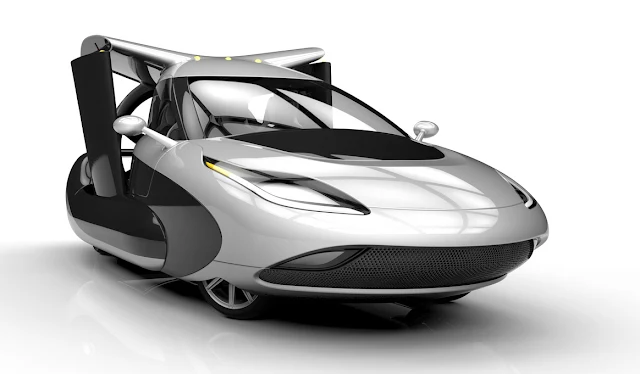 |
| This is what consumers want. |
Terrafugia flying car (not yet available).
Cost: $300,000
Purpose: To get from point A to point B.
Tesla model S electric car.
Cost: $80,000
Purpose: To get from point A to point B.
Hammacher Schlemmer solar powered golf cart.
Cost: $9000
Purpose: To get from point A to point B.
 |
This is what consumers can get.
|
Tesla model S electric car.
Cost: $80,000
Purpose: To get from point A to point B.
 |
| This is what the planet can sustainably provide. |
Hammacher Schlemmer solar powered golf cart.
Cost: $9000
Purpose: To get from point A to point B.
 |
| This is what will allow the planet to replenish its overdrawn resources and return to health. Pedego Electric Assist Tandem Bicycle.
Cost: $4000
Purpose: To get from point A to point B. |
Zamberlan Hiking Boots (leg power)
Cost: $400.00
Purpose: To get from point A to point B.











